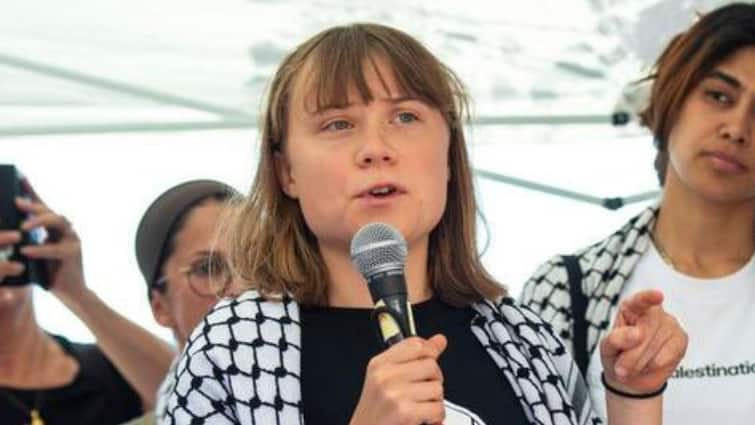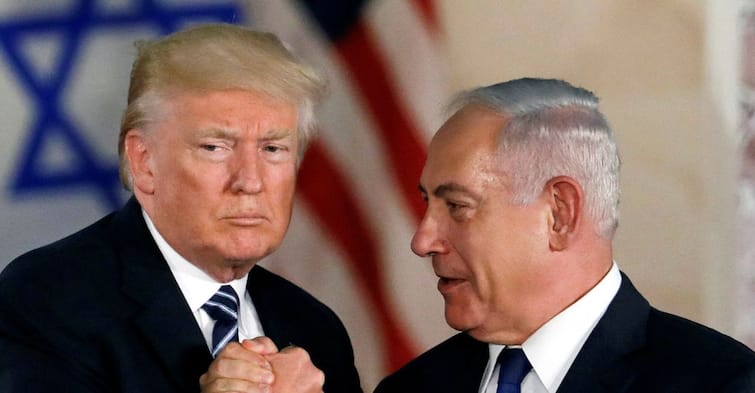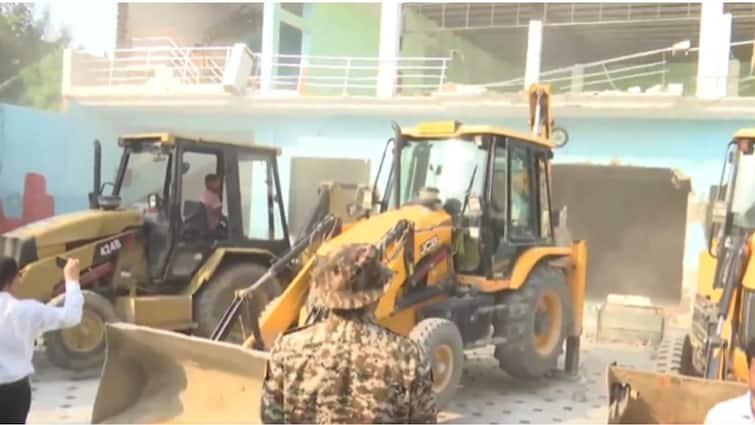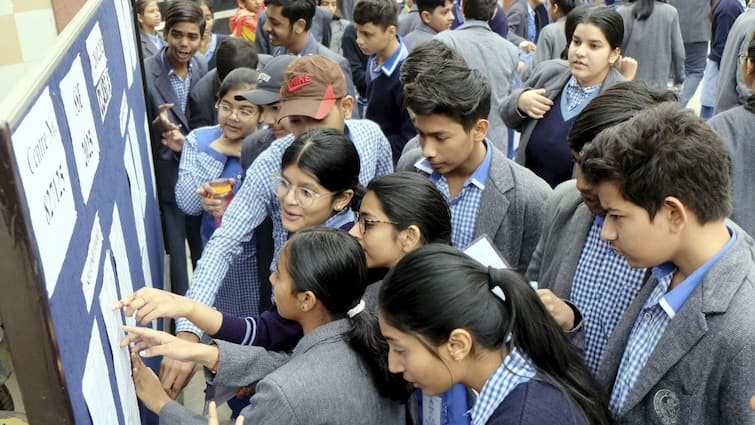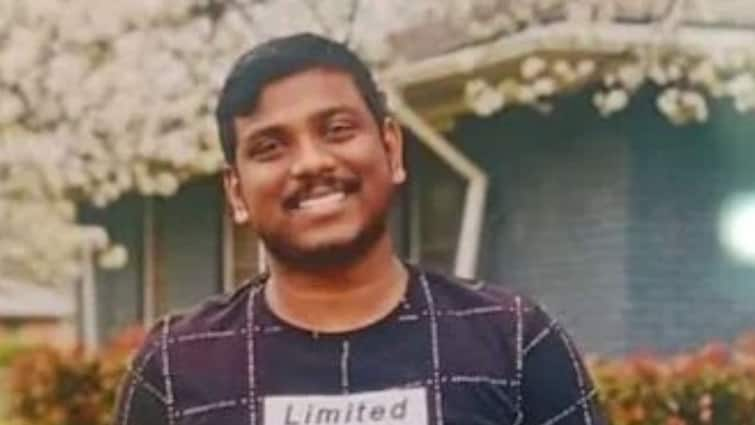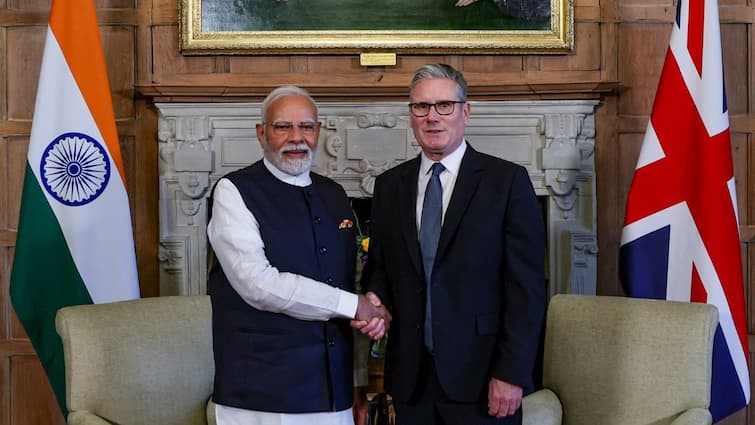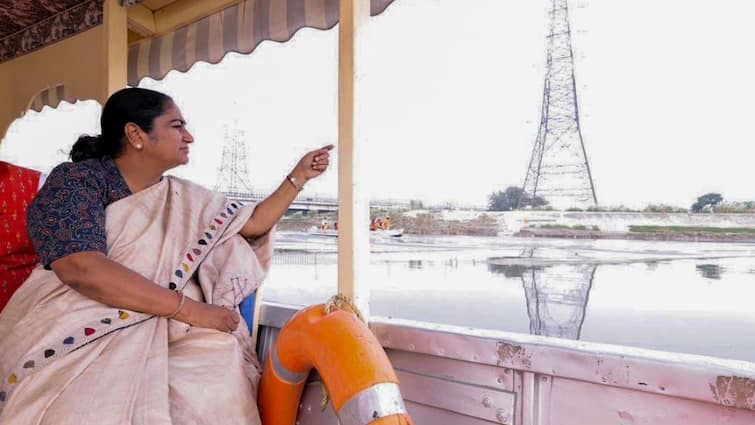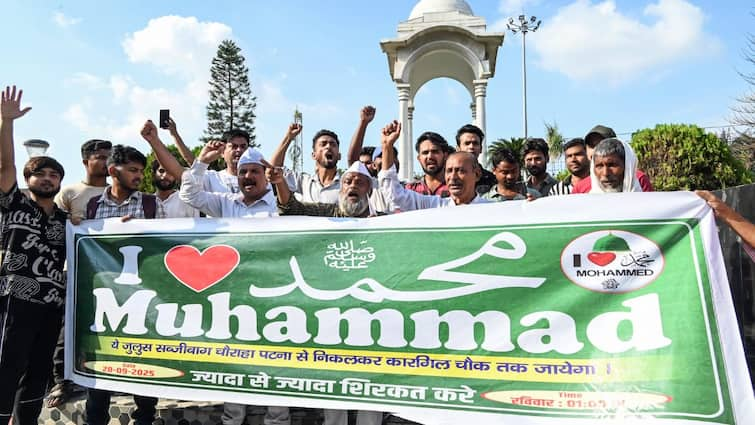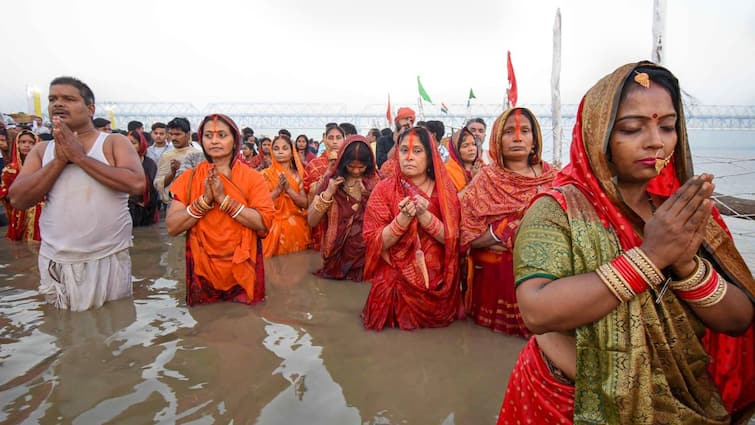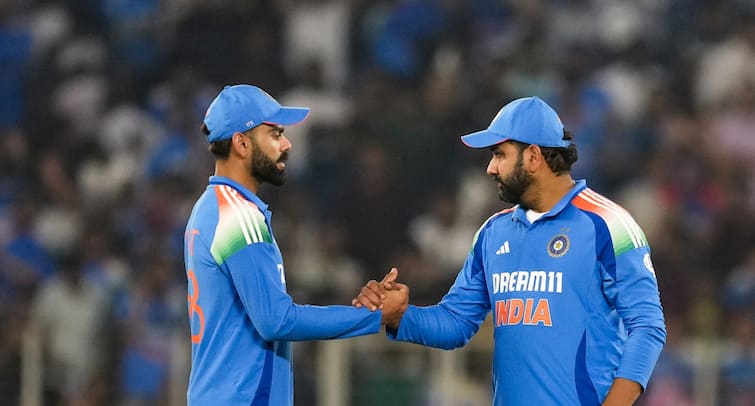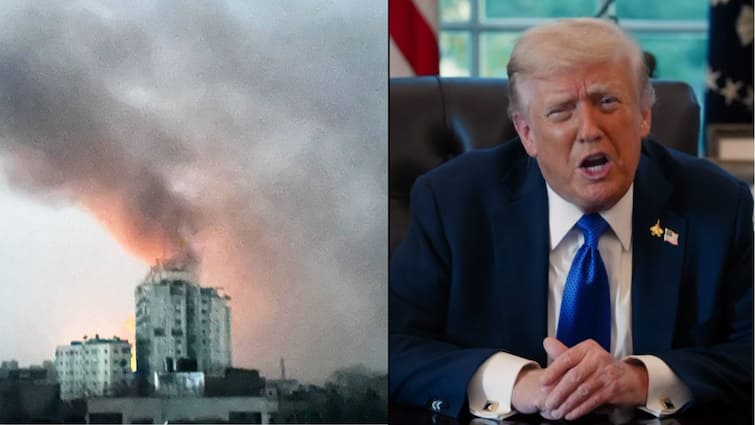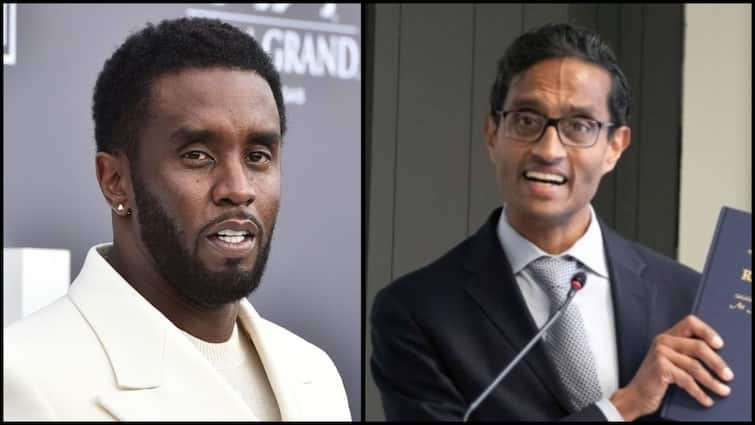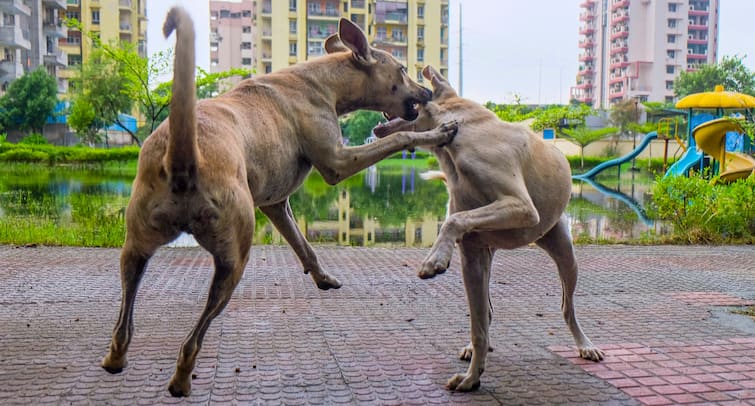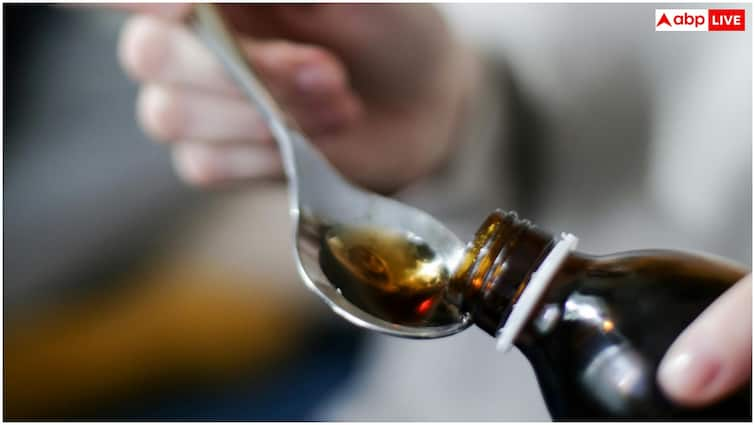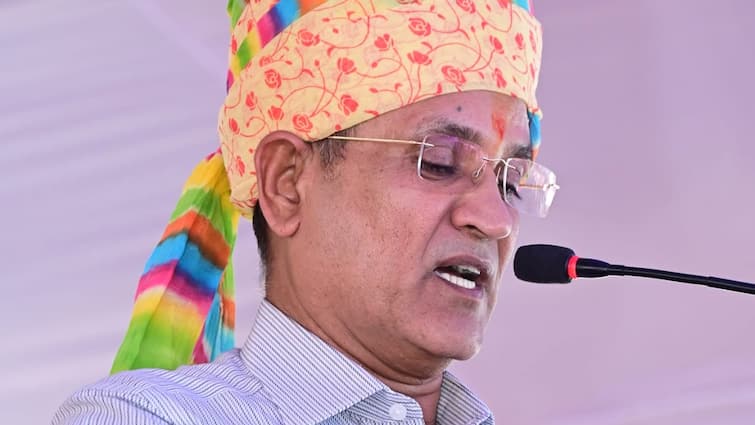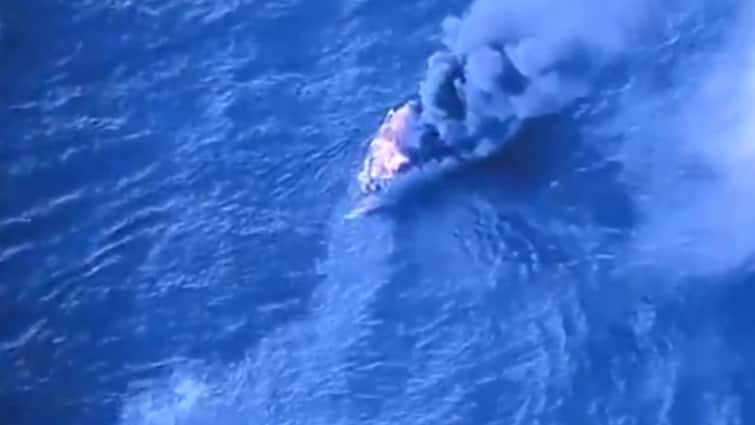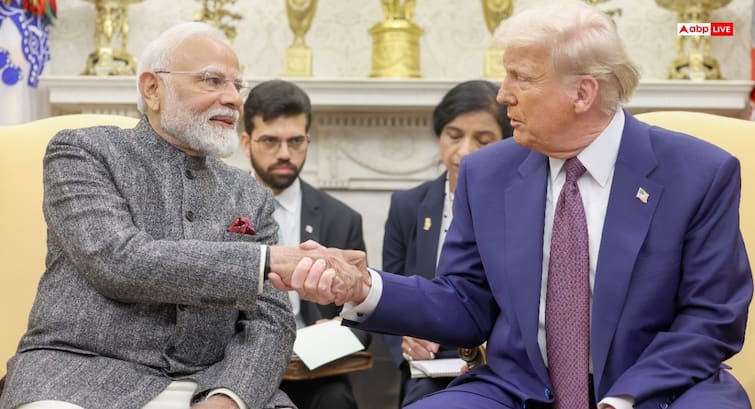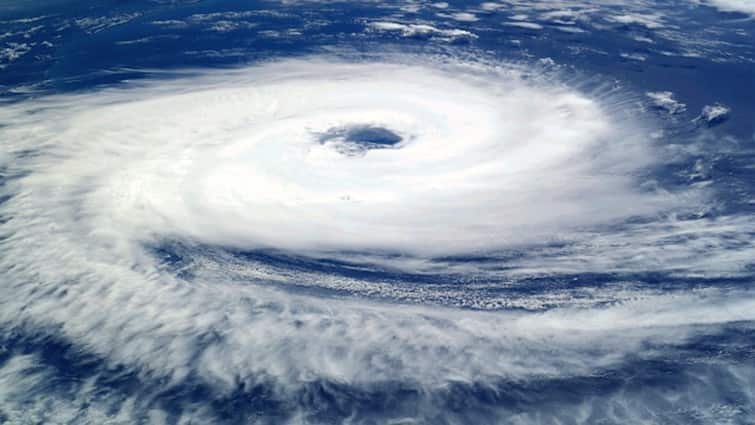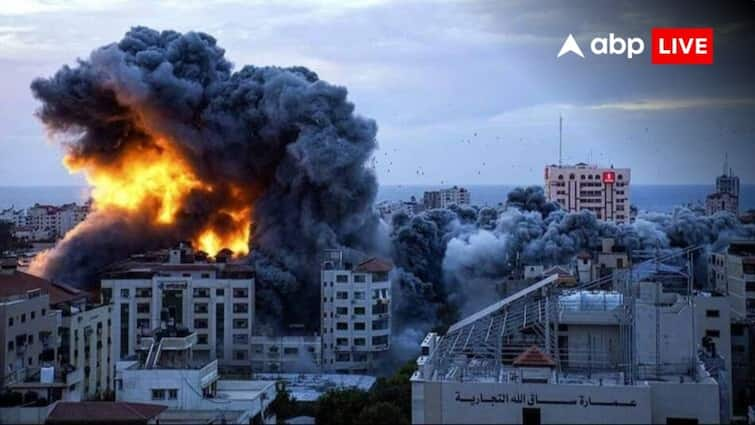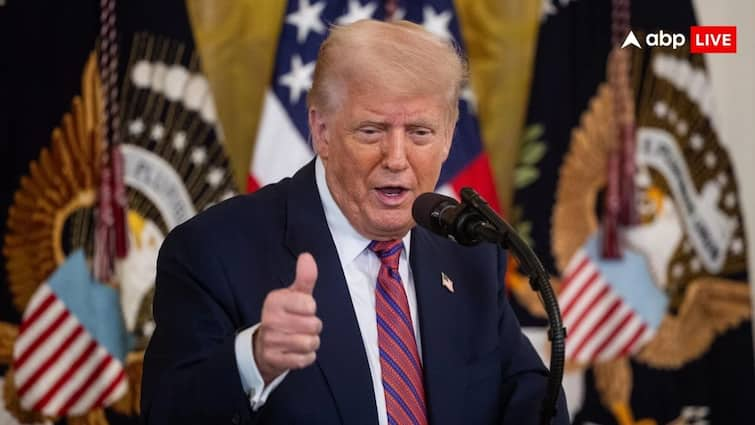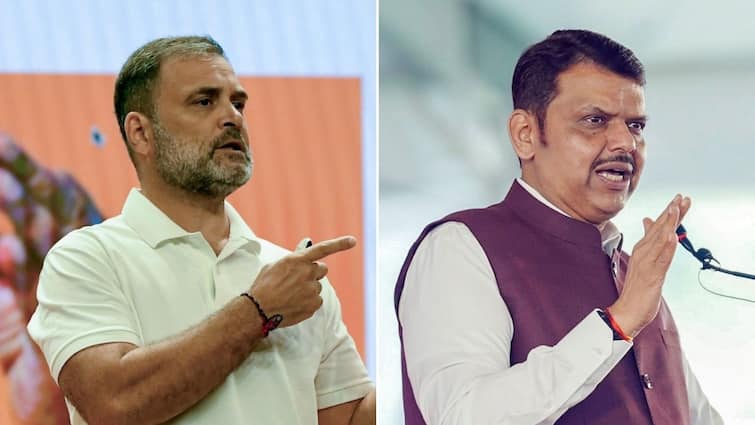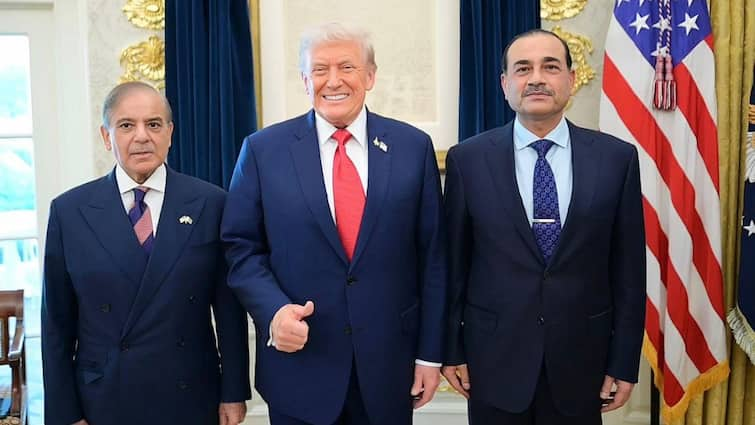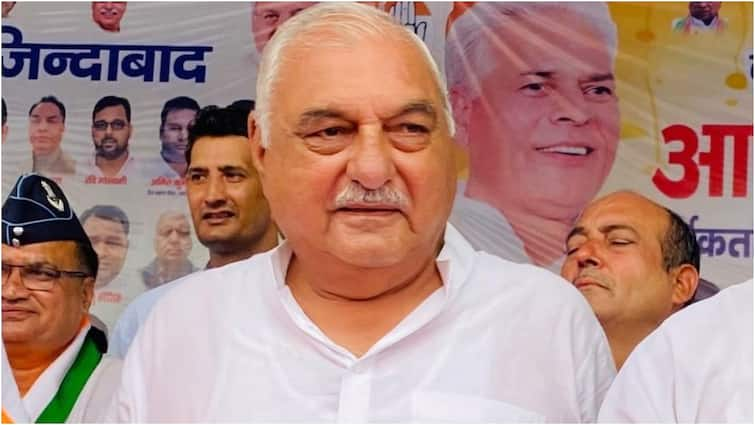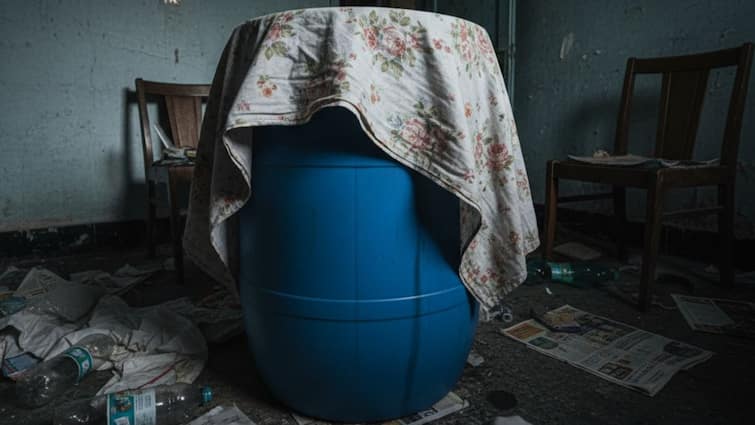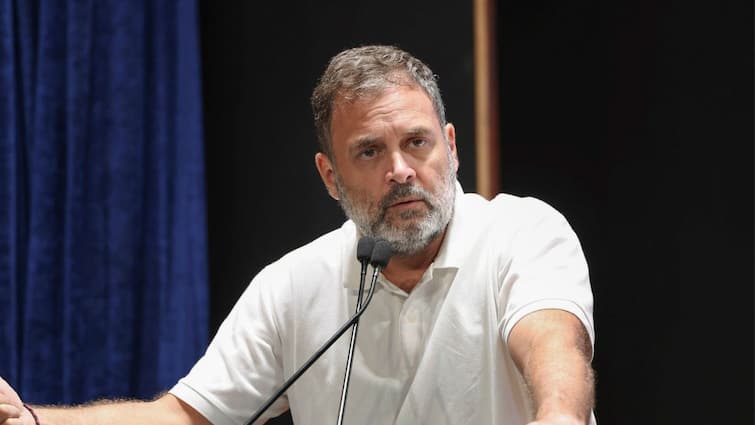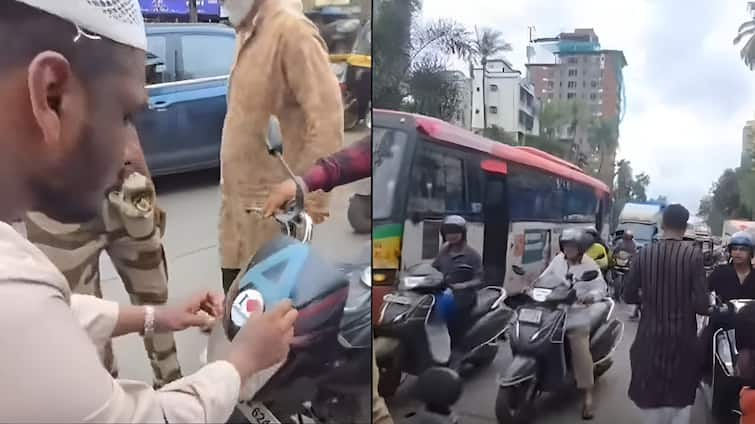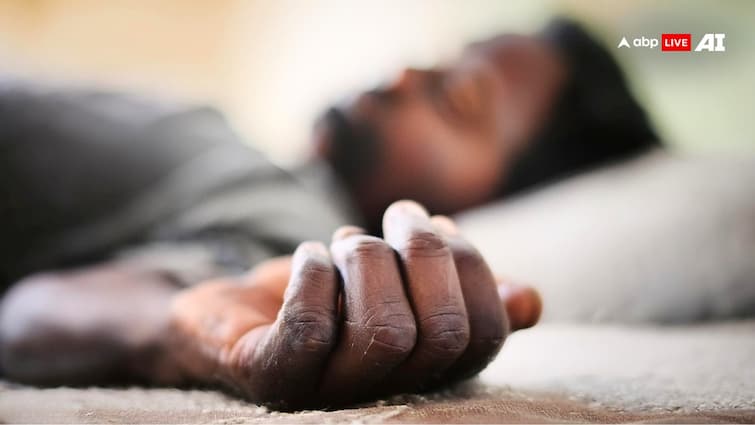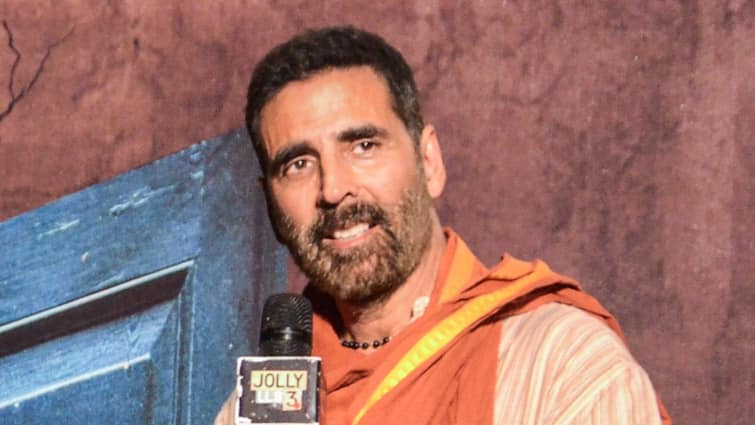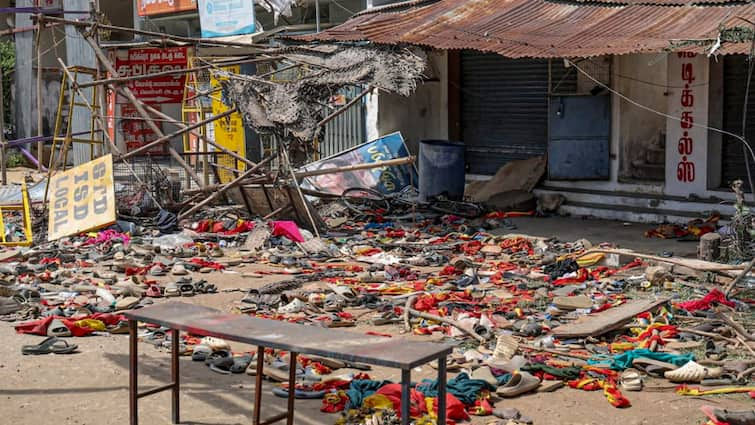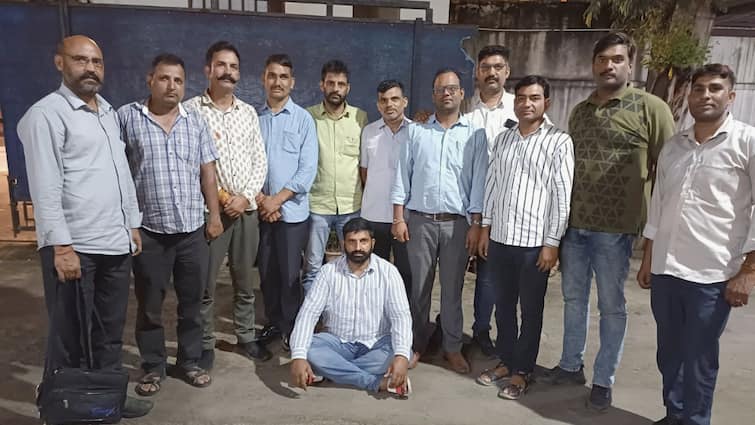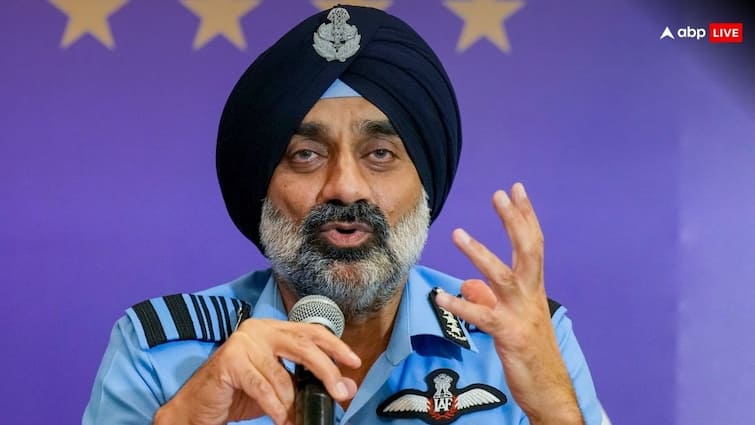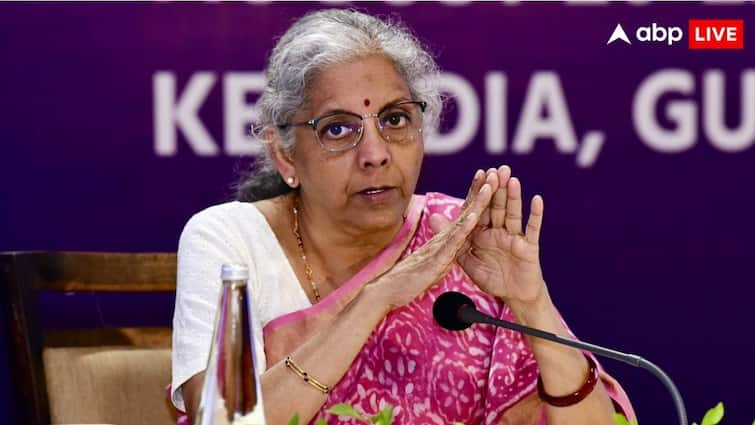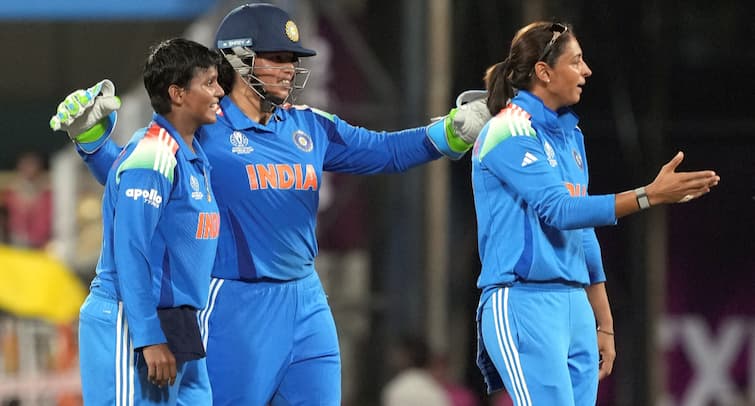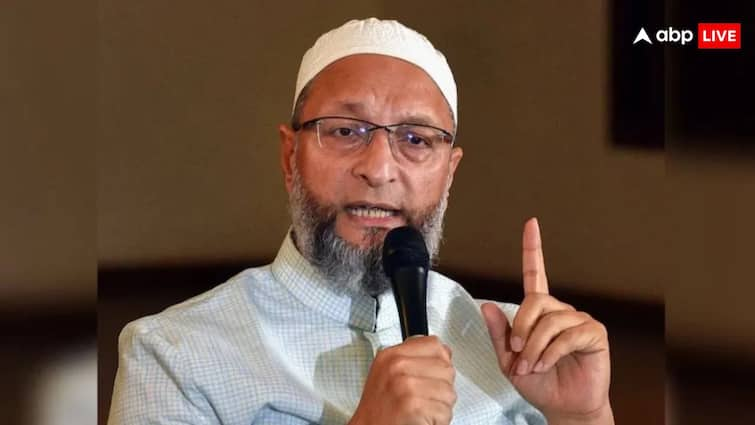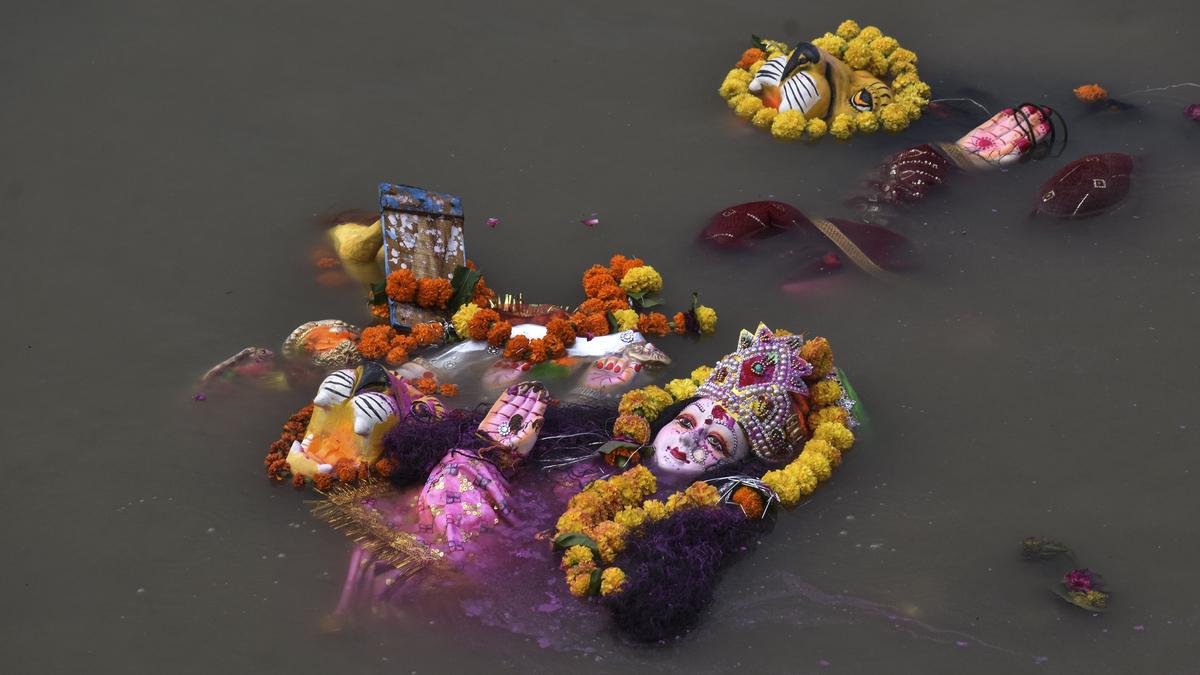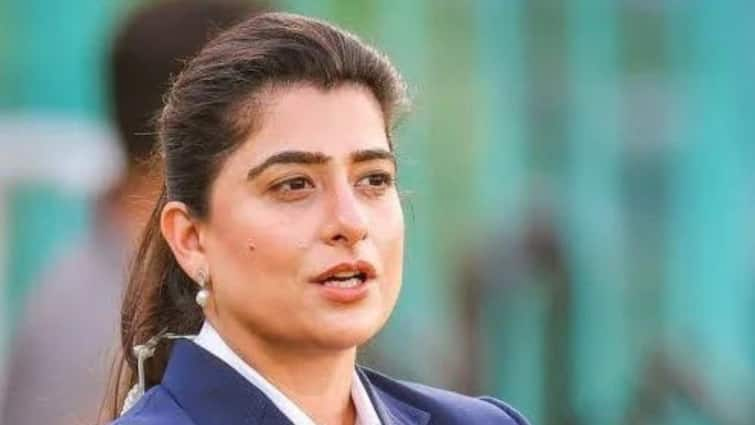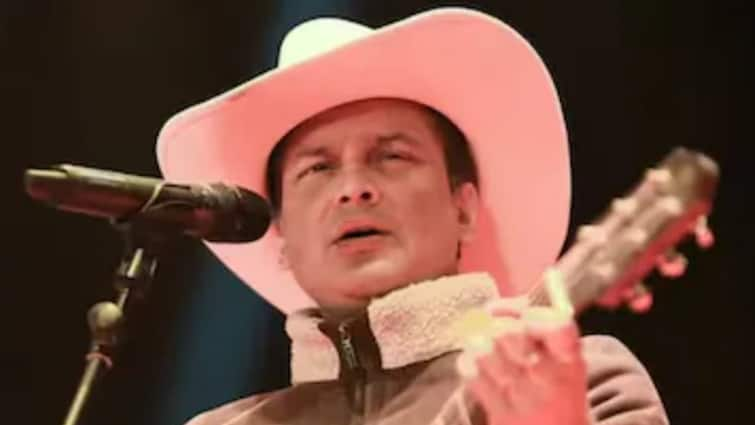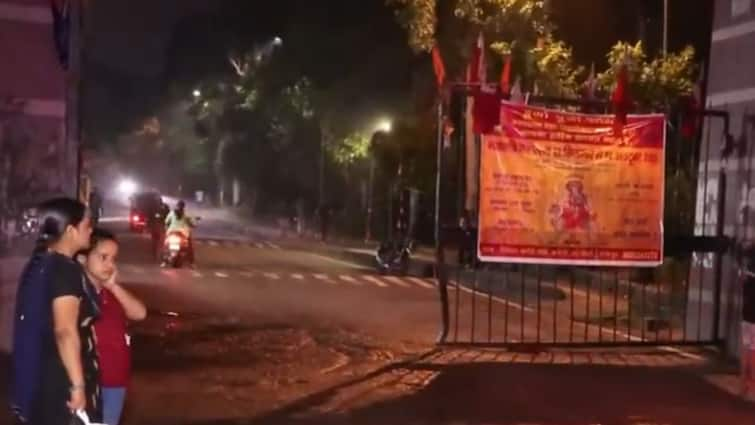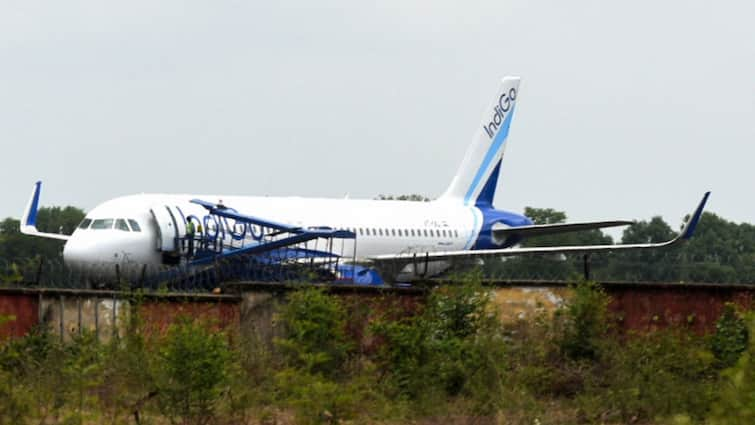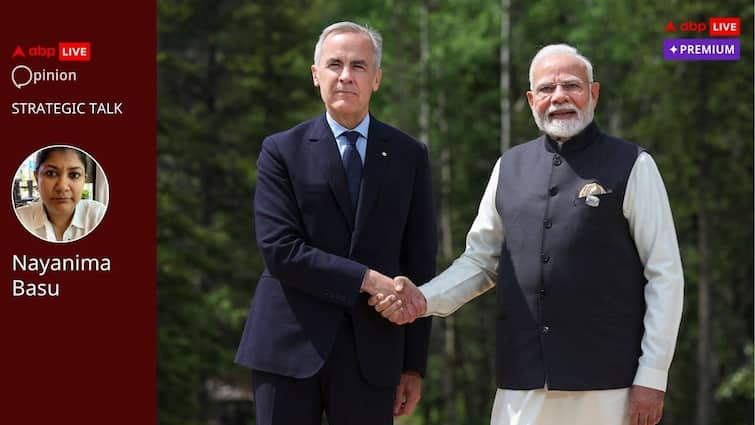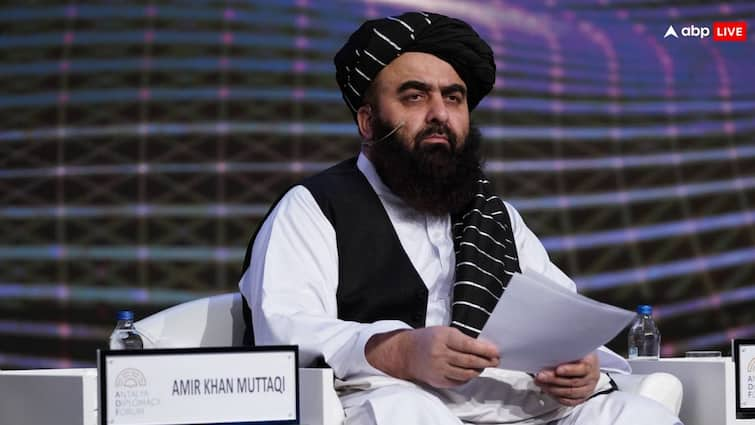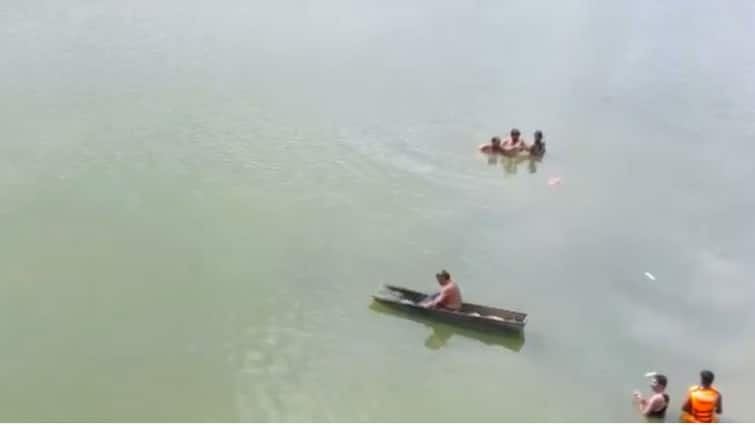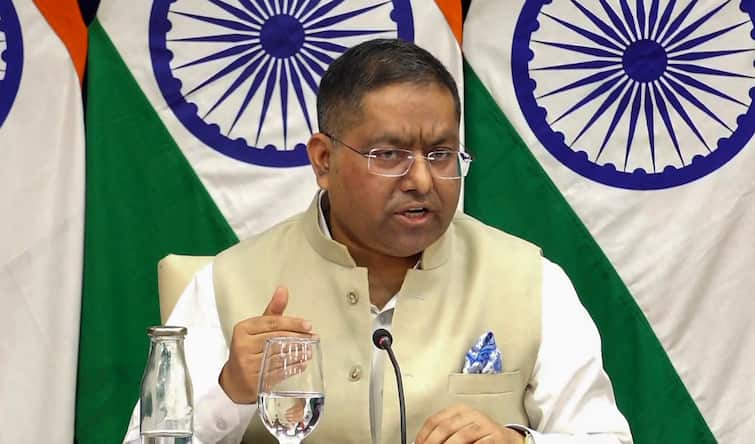
India has voiced strong condemnation of recent violence in Pakistan-occupied Kashmir (PoK), calling on Islamabad to be held accountable for what it described as “horrific” human rights violations. Speaking at a press briefing, Ministry of External Affairs (MEA) spokesperson Randhir Jaiswal said, “We have seen reports of protests across multiple areas of PoK, including brutal actions by Pakistani forces against innocent civilians. This unrest is a natural consequence of Pakistan’s oppressive approach toward the region.”
VIDEO | Delhi: In a press briefing, MEA Spokesperson Randhir Jaiswal (@MEAIndia) commented on the violence in PoK: “We have seen reports of protests across several areas of Pakistan-occupied Kashmir, including acts of brutality by Pakistani forces against innocent civilians. This… pic.twitter.com/FBvYQa0cwC
— Press Trust of India (@PTI_News) October 3, 2025
Unrest Sparks Across Multiple Districts
The protests, which have intensified over the past week, are rooted in widespread grievances over economic hardship, lack of basic services, and systemic exploitation by local authorities. Eyewitness reports from Muzaffarabad, the epicenter of the unrest, describe a heavy-handed response from security forces, resulting in casualties and escalating public anger.
Thousands attended the funerals of three young men allegedly killed by Pakistani forces, highlighting the deepening unrest. Shops, markets, and transport services across multiple districts have ground to a halt, with Muzaffarabad seeing particularly large gatherings of mourners and demonstrators.
JKJAAC Leads the Charge for Rights
The Jammu Kashmir Joint Awami Action Committee (JKJAAC), leading the protests, has presented a 38-point charter of demands. These include political reforms, subsidized wheat flour, reduced electricity tariffs, free education and healthcare, and the removal of perks for government officials. JKJAAC leaders have vowed to continue the struggle until these demands are met, emphasizing that negotiations will not compromise the rights of PoK residents.
Government Delegation Holds Talks with Protest Leaders
In response to the unrest, Pakistani authorities dispatched an eight-member high-level government delegation, including federal ministers Ahsan Iqbal, Amir Muqam, Sardar Muhammad Yousaf, Rana Sanaullah, and Dr. Tariq Fazal Chaudhry, along with PPP leaders Raja Pervez Ashraf and Qamar Zaman Kaira, and former PoK president Sardar Masood Khan. The committee, accompanied by PoK Prime Minister Chaudhry Anwarul Haq, began talks with JKJAAC representatives to address the ongoing crisis.
Despite a lockdown and internet blackout, protest caravans have continued to mobilize, defying blockades and asserting public dissent. JKJAAC leaders have demanded the immediate arrest and exemplary punishment of those responsible for the deaths of unarmed protesters in Muzaffarabad, Dhirkot, and other areas, before entering substantive negotiations.
MEA Responds to International Developments
In addition to the PoK situation, MEA spokesperson Randhir Jaiswal addressed other foreign policy matters. Responding to Bangladesh’s allegations of India’s involvement in anti-Hindu violence, Jaiswal dismissed the claims as “baseless,” stating, “The interim government of Bangladesh, unable to maintain law and order, is shifting blame. They must introspect and investigate local extremist groups responsible for violence against minorities.”
VIDEO | Delhi: “We strongly reject these baseless allegations from Bangladesh. The interim government of Bangladesh, unable to maintain law and order, is shifting blame. They must introspect and investigate local extremist groups responsible for violence against minorities”, says… pic.twitter.com/nFZzDHsYCk
— Press Trust of India (@PTI_News) October 3, 2025
Reaffirming India’s stance on its northern territories, he reiterated, “Jammu & Kashmir and Ladakh are integral parts of India and will remain so forever.”
India Strengthens Security and Diplomatic Ties
On bilateral security cooperation, Jaiswal highlighted recent engagement with Canada following the designation of the Lawrence Bishnoi Gang as a terror organization. He noted that discussions between India and Canada, led by their respective National Security Advisors on 18th September, were productive and focused on strengthening existing cooperation.
Earlier in September, India’s External Affairs Minister S. Jaishankar met German Foreign Minister Johann Wadephul during the UN General Assembly in New York. The meeting, alongside the G4 foreign ministers, focused on UN Security Council reform, stressing the need for the Council to reflect contemporary geopolitical realities.
VIDEO | Delhi: In a press briefing, MEA Spokesperson Randhir Jaiswal (@MEAIndia) says, “J&K and Ladakh are integral parts of India and will be forever.”
Regarding Canada’s designation of the Lawrence Bishnoi Gang as a terror group, he says, “Recently, on 18th September, our… pic.twitter.com/8b65vf0mp0
— Press Trust of India (@PTI_News) October 3, 2025
During Wadephul’s visit to India, both nations agreed on initiatives to boost education ties, including free short-term visas for student exchanges and establishing a new bilateral consultation mechanism on the Indo-Pacific region. Discussions also covered trade, investment, defense, technology, green development, and counterterrorism cooperation, alongside global issues such as the Russia-Ukraine conflict and developments in the Middle East.
Doonited Affiliated: Syndicate News Hunt
This report has been published as part of an auto-generated syndicated wire feed. Except for the headline, the content has not been modified or edited by Doonited




